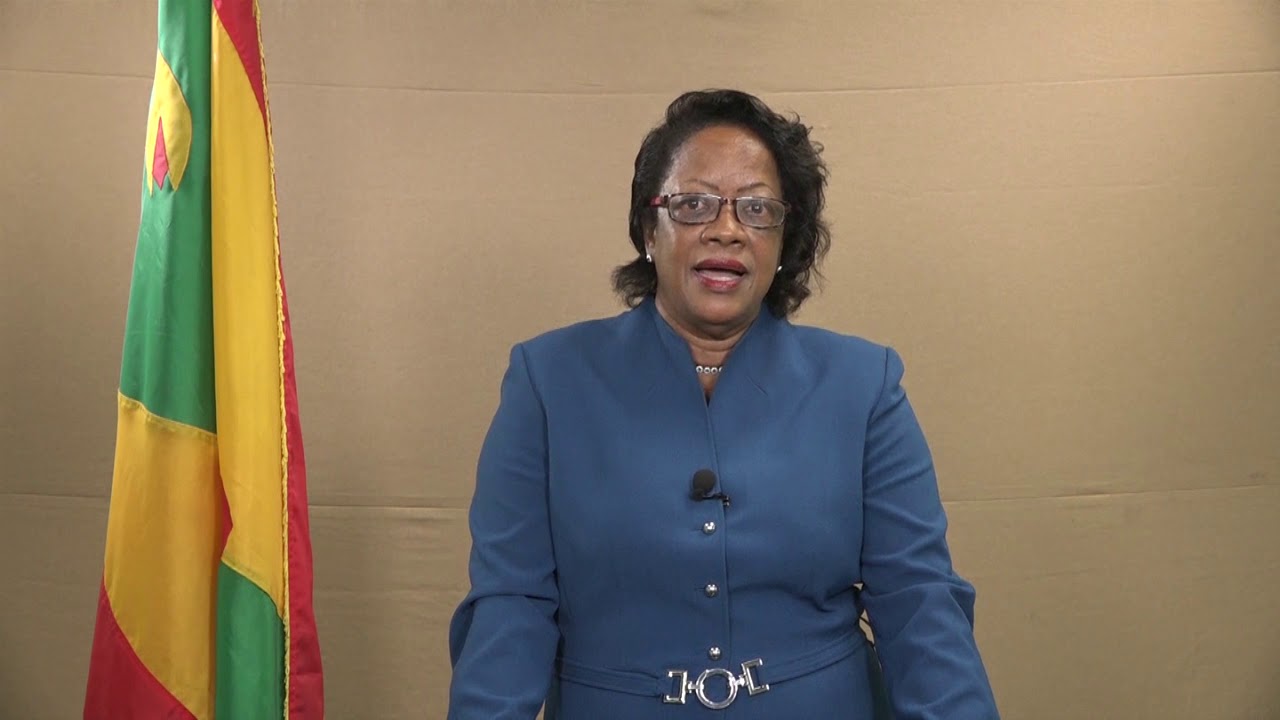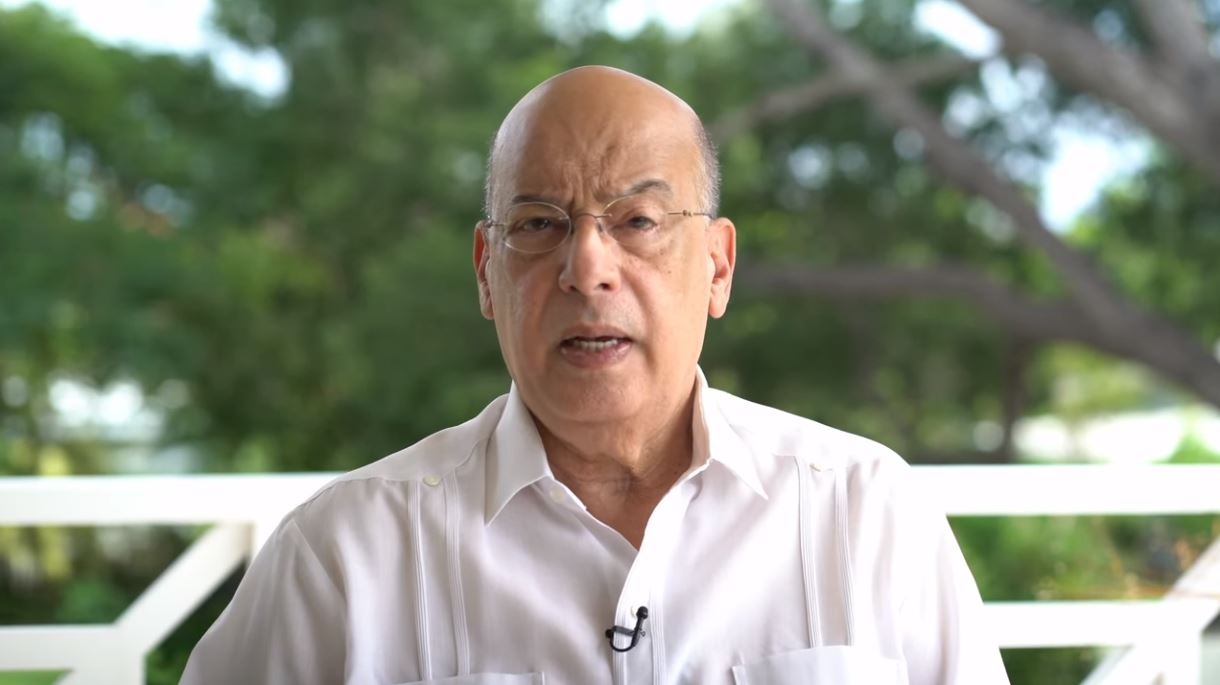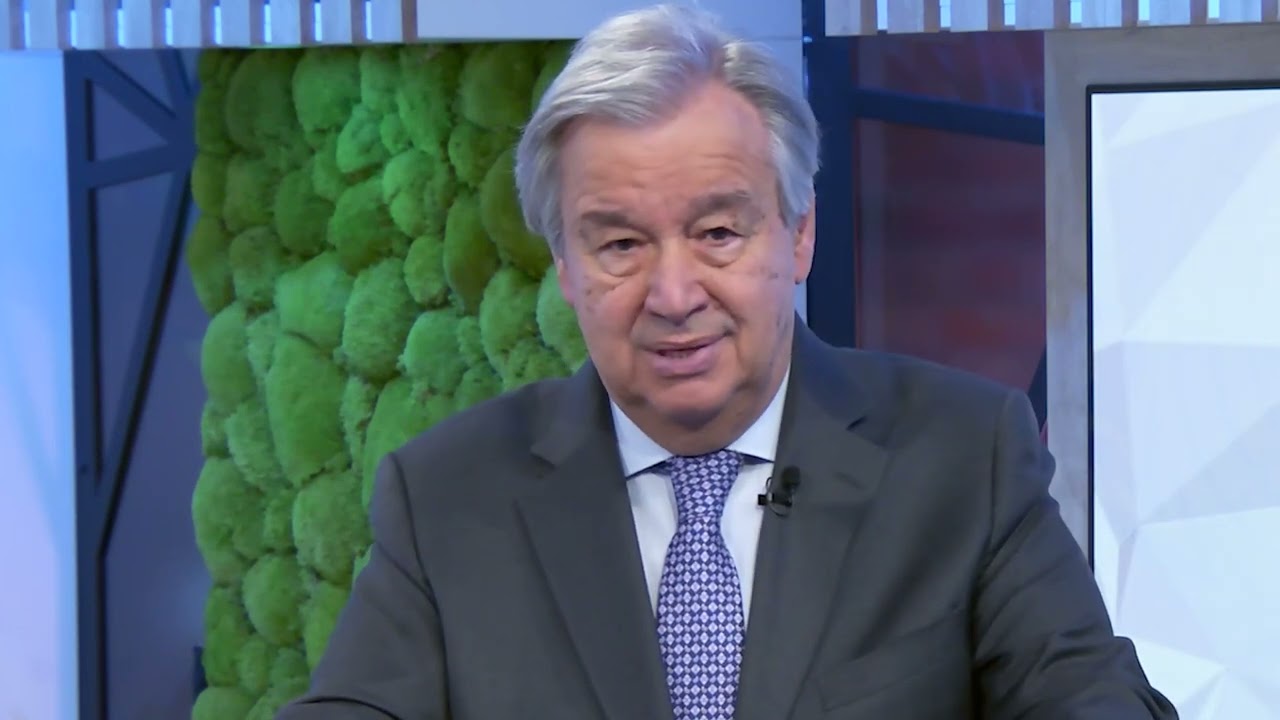As countries observed World Day to Combat Desertification and Drought (WDCDD) on Monday, Jun. 17, Grenada’s Minister of Agriculture and Lands Yolande Bain-Horsford said while soils and land continue to play an integral role in the economic shift the island nation is experiencing today, these resources are under threat.
“The agricultural sector is a major contributor to national development through the provision of employment, household income, food and government revenues,” Bain-Horsford told IPS.
“As we boast of the importance of this sector to our economies, unfortunately we must face the harsh reality of the challenges facing the sector, which include land degradation, lack of sustainable farming practices, climatic variations and droughts.”
Bain-Horsford said Grenada has been spearheading the fight against desertification at local, regional and global levels.
Locally, the island nation has set ambitious targets to ensure it addresses and, in some cases, reverse the impacts of negative agricultural, construction, and other actions which lead to desertification.
Some of the actions taken include the Cabinet approving Grenada’s Voluntary Land Degradation Neutrality targets that should be achieved by 2030.
To achieve the targets, Grenada has agreed to;
- increase the fertility and productivity of 580 hectares of cropland by 2030,
- transform 800 hectares of abandoned cropland into agroforestry by 2030,
- implement soil conservation measures on 120 hectares of land by 2030,
- the rehabilitation of 383 hectares of degraded land at Bellevue South in Carriacou by 2030,
- the rehabilitation of 100 hectares of degraded forests in Grenada and Carriacou by 2030, and
- increase forest carbon stocks by 10 percent by 2030.
The island also completed and submitted its 2018 National Report on the state of land degradation, nationally linking it to gender and the Sustainable Development Goals 2030.




